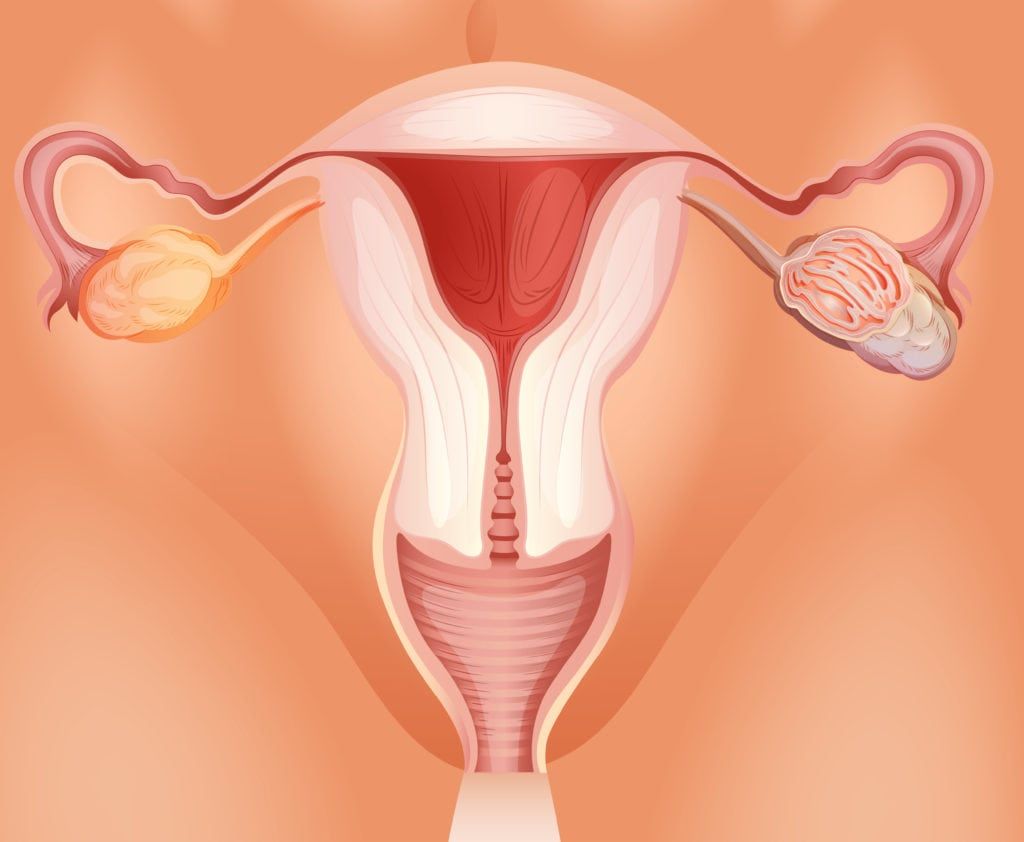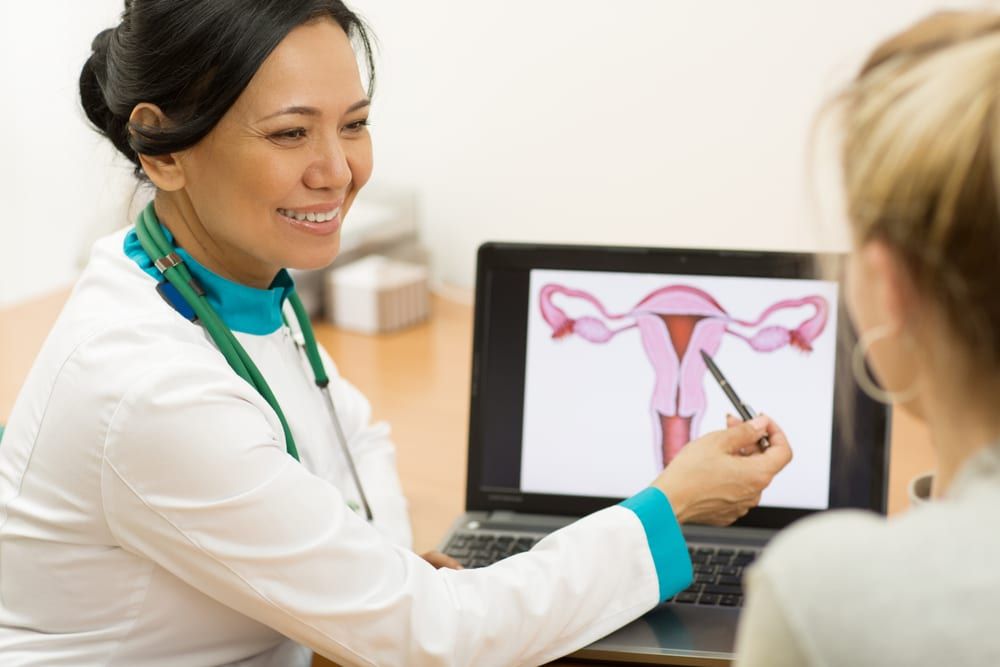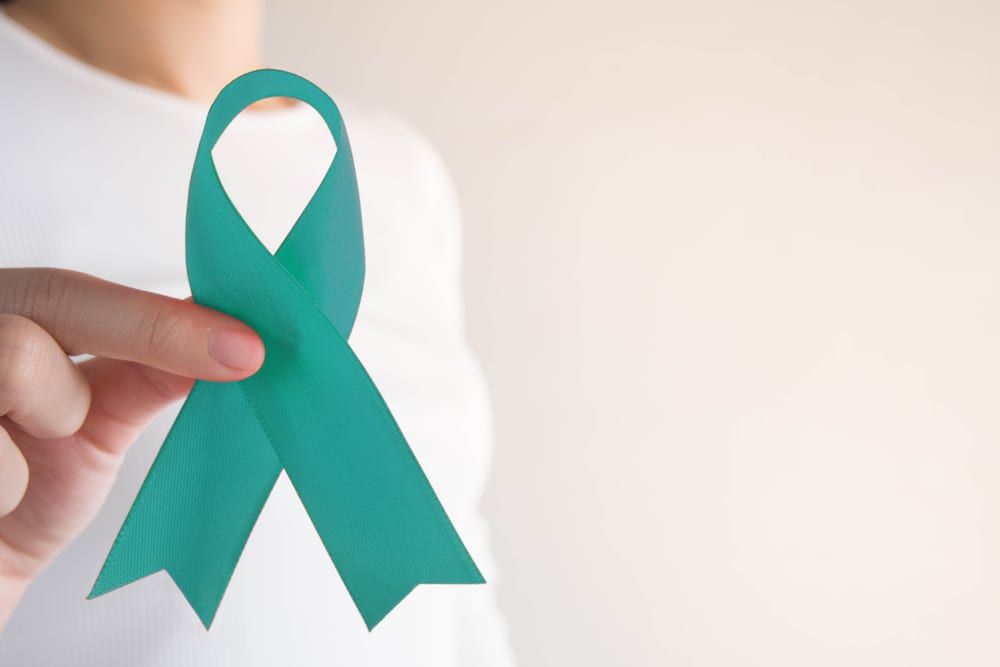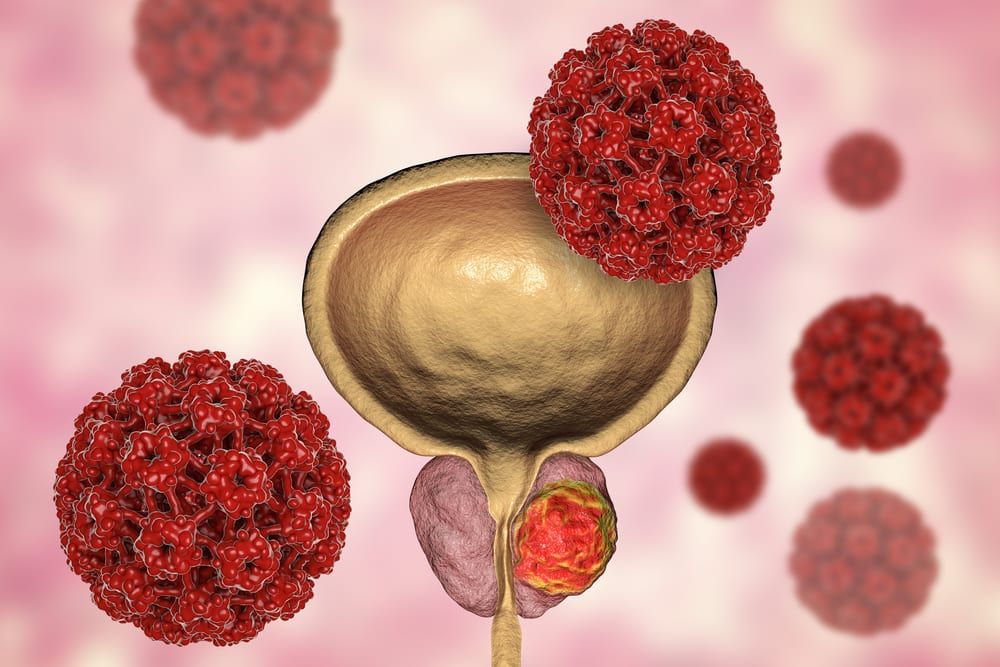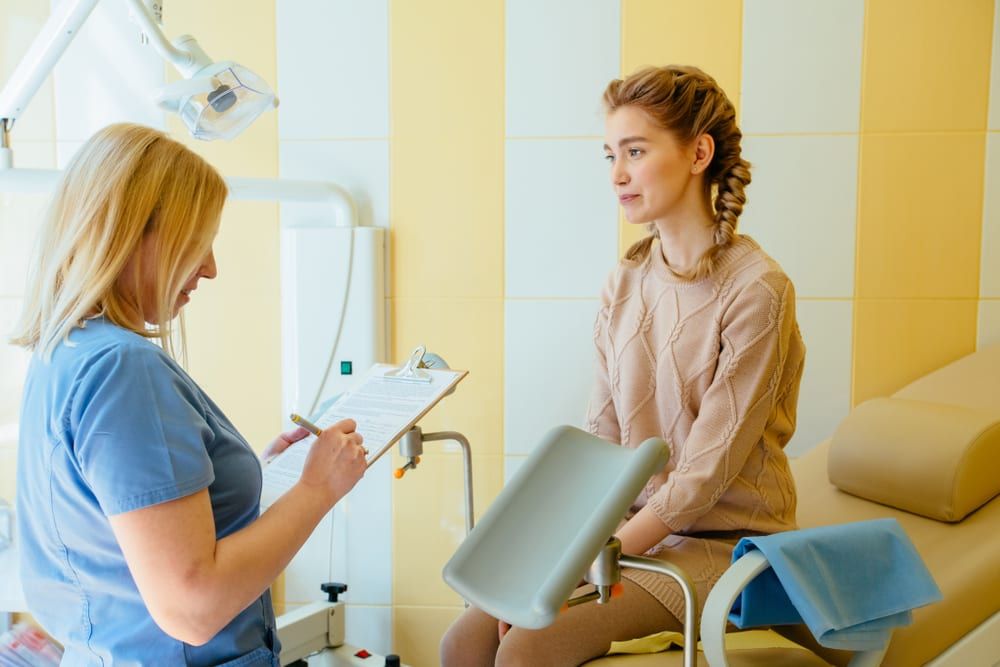The ovaries are small organs that help regulate the reproductive processes in women. Most women are born with two ovaries – one on each side of the uterus. As the ovaries mature during adolescence, they begin producing hormones and regulating menstruation. The ovaries frequently develop cysts, most of which are non-threatening. However, some women develop ovarian tumors, which may not always be as benign as simple cysts. Tumors require further examination and possible intervention.
Did you know?
There are many types of ovarian tumors. In some cases, these tumors can turn out to be ovarian cancer. Ovarian cancer often produces few symptoms in its earliest stages. There are several factors that may contribute to the chances of getting ovarian cancer. Age and family history, as well as obesity and the use of fertility drugs, can all contribute to your chances of developing ovarian cancer.
Frequently Asked Questions
Could I have ovarian cancer?
Ovarian cancer screenings are not standard preventative care for women. However, you may wish to get screened for the BRCA gene, which has been shown to significantly increase the risk of developing breast, colorectal and ovarian cancer. You should also consider being screened for ovarian tumors if you are experiencing symptoms like chronic abdominal pain or bloating, significant weight gain, loss of appetite, nausea, lower back pain, or difficulty urinating.
What should I expect from my doctor if I suspect that I have ovarian tumors?
Your gynecologist will probably ask you to come in for a pelvic exam, during which time he or she will palpate your abdomen to check for the presence of abnormal growths. In some cases, additional screenings may be ordered, such as an ultrasound or MRI. If a tumor is found, your doctor may remove it during a laparotomy and biopsy it for cancer. If cancer is detected, you may begin a regimen of chemotherapy and radiation to help destroy any remaining cancer cells and prevent new ones from growing.
Is there anything I can do to avoid ovarian tumors?
Yes. In addition to maintaining a healthy weight, you may wish to speak with you gynecologist about birth control. Women who take birth control are less likely to develop ovarian cancer later in life.
